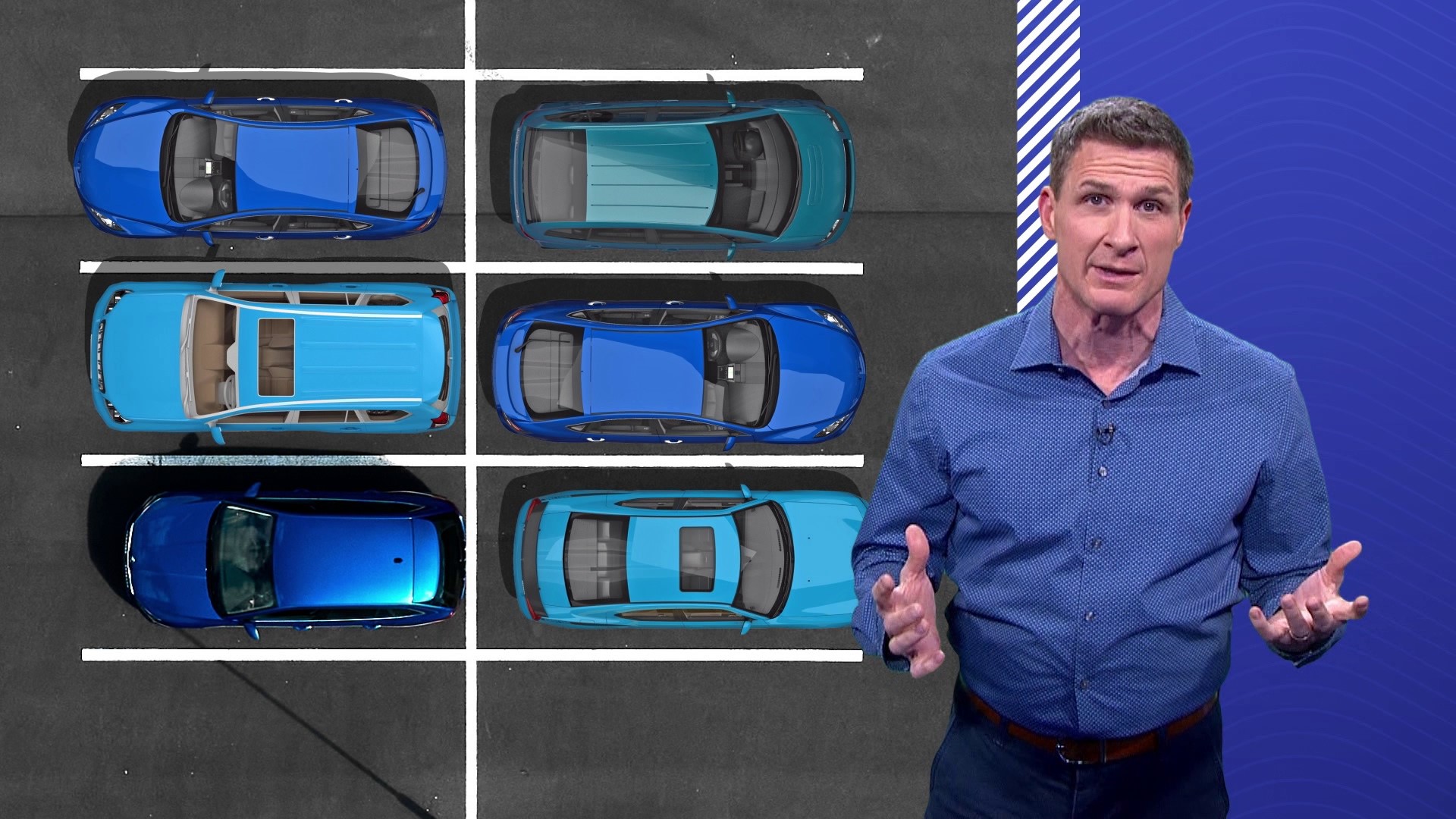DALLAS — There is an update on our series of reports on ‘Forced Financing’ at some (but certainly not all) Texas auto dealerships.
The practice exploded during the pandemic, when demand for vehicles far outpaced supply. Dealers were in the driver’s seat and buyers had to buckle up, because many car sellers refused any outside financing. Some consumers complained that there were dealers who were even refusing to take cash for vehicles.
Those dealers have instead been telling buyers that if they want the vehicle, they must finance with the dealer’s preferred lenders. That allows the dealer to increase the interest rate offered by preferred lenders so that the dealer gets a cut.
There are times when financing at the dealership may be the best option. If a dealer forces you to use their financing in order to get the vehicle you want…and your lender has a better rate…refinancing with them may be a possibility. In a case like that, ask your lender about refinancing with them right after you buy. Be sure to ask about the rate and any potential termination fees for the original loan.
In one article, the Consumer Financial Protection Bureau cautions: “Interest rates through a dealer are generally higher because the rate they offer you is their “buy rate” plus additional interest that compensates them for handling your financing.”
Responding to our reports on this subject, Texas state regulators asked for complaints. And they got them. Texans filed formal complaints, telling the Office of Consumer Credit Commissioner (OCCC) that the practice was happening at about 100 Texas dealerships.
Our reports also inspired State Sen. Royce West to file a bill to ban the practice. Despite overwhelming bipartisan support, the legislative clock wound down before the bill received final approval, and the effort died.
New FTC rules for automobile dealers
Now the feds are involved, publishing a 372-page set of new rules aiming to address the automobile buying and selling process.
The Federal Trade Commission tells us they are not specifically prohibiting ‘Forced Financing’, but they are outlawing some of the things that were listed in some of the complaints to the OCCC in Texas.
Among other things, dealers will be prohibited from touting a specific vehicle at a price but then telling the consumer when they get there that the vehicle is not available or is not available at the advertised price. Also, dealers will have to provide an offering price that any buyer would have to pay (no matter how they pay).
Additionally, it requires that dealers must, “[t]ell consumers that optional add-ons (like extended warranties) are not required; and give information about the total payment when discussing monthly payments."
The new rules also prohibit, "Dealers from charging for any add-on that does not provide a benefit to consumers. Examples of such add-ons include: warranty programs that duplicate a manufacturer’s warranty, service contracts for oil changes on an electric vehicle, GAP agreements that do not actually cover the car or neighborhood in which it is housed, or other parts of the deal, and software or audio subscription services on a vehicle that cannot support the software or subscription.”
Those are just some of the new regulations that the FTC estimates will save consumers more than $3.4 billion and 72 million hours a year shopping for vehicles.
The new provisions do not take effect until July 30, 2024. And consumers will be able to report violations to the FTC. This is already an area that generates a lot of complaints. The FTC says they have received “more than 100,000 complaints in each of the past three years” about vehicle transactions.

